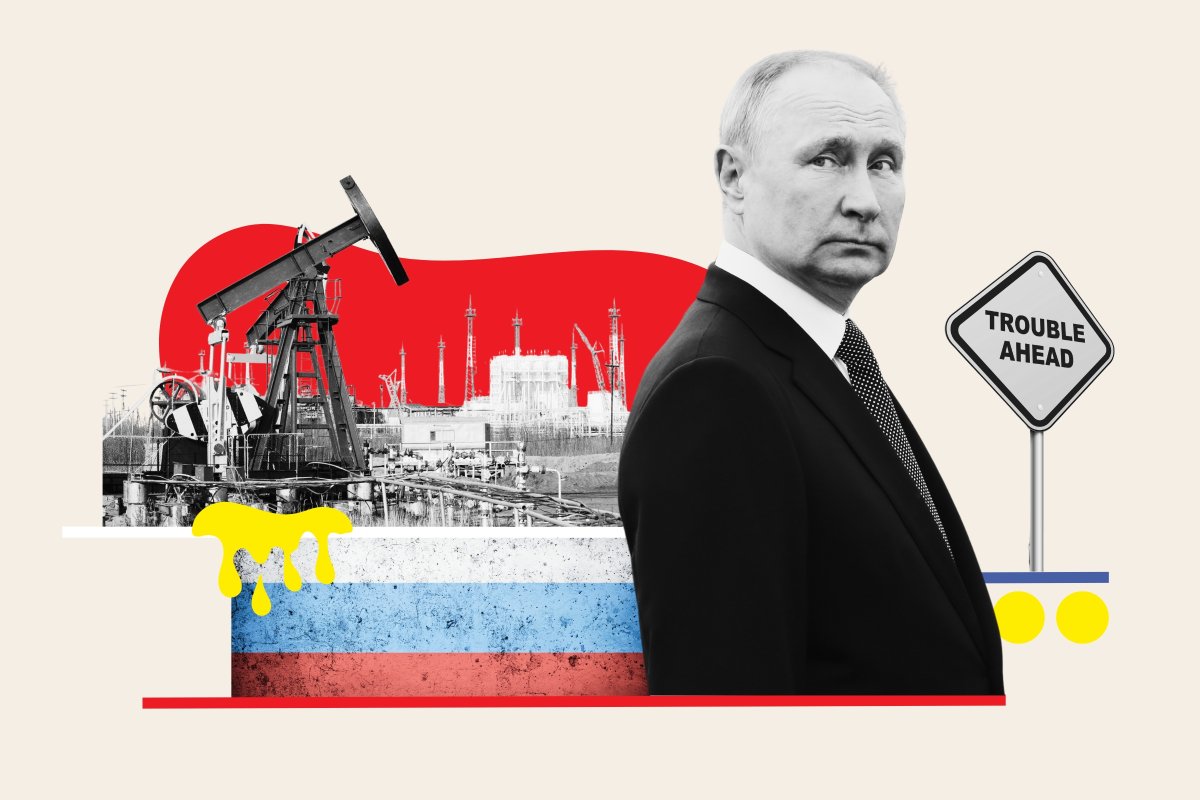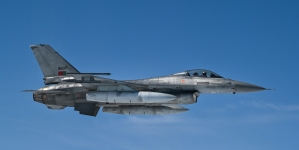-
Putin’s Oil Industry Is in Trouble - March 29, 2024
-
A portion of Mulholland Drive, damaged by mudslides in winter storms, reopens - May 26, 2024
-
‘Maybe You Don’t Want to Win’ - May 26, 2024
-
Donald Trump Putting Law Enforcement in Danger: Attorney - May 26, 2024
-
Avoid the waters of these 5 L.A. County beaches this holiday weekend, public health officials say - May 26, 2024
-
Bawdy Comedy ‘Anora’ Wins Palme d’Or at Cannes Film Festival - May 26, 2024
-
Map Shows Heat Wave Zone Spread Into Five New States - May 26, 2024
-
Azusa police arrest suspected slingshot-wielding vandal - May 25, 2024
-
Donald Trump Hammers Judge Ahead of Jury Instructions - May 25, 2024
-
Sometimes U.S. and U.K. Politics Seem in Lock Step. Not This Year. - May 25, 2024
Putin’s Oil Industry Is in Trouble
Ukrainian drone attacks on Russian oil hubs and refineries are putting in peril President Vladimir Putin’s oil industry—the cornerstone of his country’s economy—recent developments suggest.
Gasoline production in Russia has fallen after a series of strikes by Kyiv on the country’s oil refineries, figures show. Rosstat, Russia’s Federal State Statistics Service, said that in the week ending March 24, the nation’s production of motor petrol fell by approximately 7.4 percent to 754,600 tons compared to the week prior, when production was at 815,300 tons, local media reported.

Vitalii Nosach/Global Images Ukraine/Getty Images
To tackle the risk of shortages in the domestic market as Russian refineries undergo extensive emergency repairs, Moscow has turned to its key ally and neighbor, Belarus, for help, Reuters reported on Wednesday.
Four industry and trade sources told the news agency that Russia, which is one of the world’s biggest producers of oil and gas, has increased gasoline imports from Belarus, reaching almost 3,000 metric tons in the first half of March. That’s in comparison to February, when Russia imported 590 tons, and January, when there were zero imports.
Newsweek has contacted Russia’s Foreign Ministry for comment by email.

Photo-illustration by Newsweek/Getty
Moscow depends on its oil exports and energy industry, which make up some 30 percent of the country’s budget revenues and are crucial for the funding of the war in Ukraine. Russia is the world’s third-largest producer of oil, accounting for more than 12 percent of global crude oil production, according to Statista.
The country’s energy industry has also been hit hard by Western sanctions imposed in response to the invasion on Ukraine. Meanwhile, since March 1, Russia is banning gasoline exports for six months in an attempt to offset a surge in fuel prices in the country.
Kyiv ramped up its attacks on Russian refineries beginning this year. On January 18, Ukraine launched a drone attack on a St. Petersburg oil terminal, about 620 miles from the Ukrainian border.
Another of its drone attacks, near St. Petersburg on January 21, struck a major gas export terminal—a Novatek PJSC gas-condensate plant in the port Ust-Luga—causing a huge fire and halting fuel supplies. Ust-Luga is Russia’s largest Baltic port, and the Security Service of Ukraine (SBU) claimed responsibility for that attack, the Kyiv Post reported.
Earlier this month, Bloomberg reported that the refineries forced to stop operations over the space of a week were collectively responsible for 12 percent of Russia’s national oil refining capacity. Reuters estimates that figure has now risen to 14 percent.
The latest oil hub to have halted operations due to Ukrainian drone attacks is Russia’s Rosneft-owned Kuibyshev mid-sized oil refinery near the city of Samara on the Volga river, Reuters reported on Thursday, citing two industry sources. The facility was struck last week.
Sergey Vakulenko, a nonresident scholar at the Carnegie Russia Eurasia Center, assessed in January that consequences will be “serious” for Russia’s oil industry “if we are seeing the beginning of a wave of attacks on western Russia’s oil refineries.”
“Either way, Russia’s reserves of resilience and ingenuity look set to be severely tested. The speed and quality of the repairs at Kstovo, Ust-Luga, and Tuapse will be key indicators of Moscow’s readiness,” Vakulenko said.
The head of the SBU, Vasyl Malyuk, declared this week that it is behind all attacks on Russian oil hubs and that they will continue, spelling more trouble for the Russian leader ahead.
Do you have a tip on a world news story that Newsweek should be covering? Do you have a question about the Russia-Ukraine war? Let us know via worldnews@newsweek.com.
Uncommon Knowledge
Newsweek is committed to challenging conventional wisdom and finding connections in the search for common ground.
Newsweek is committed to challenging conventional wisdom and finding connections in the search for common ground.
Source link































